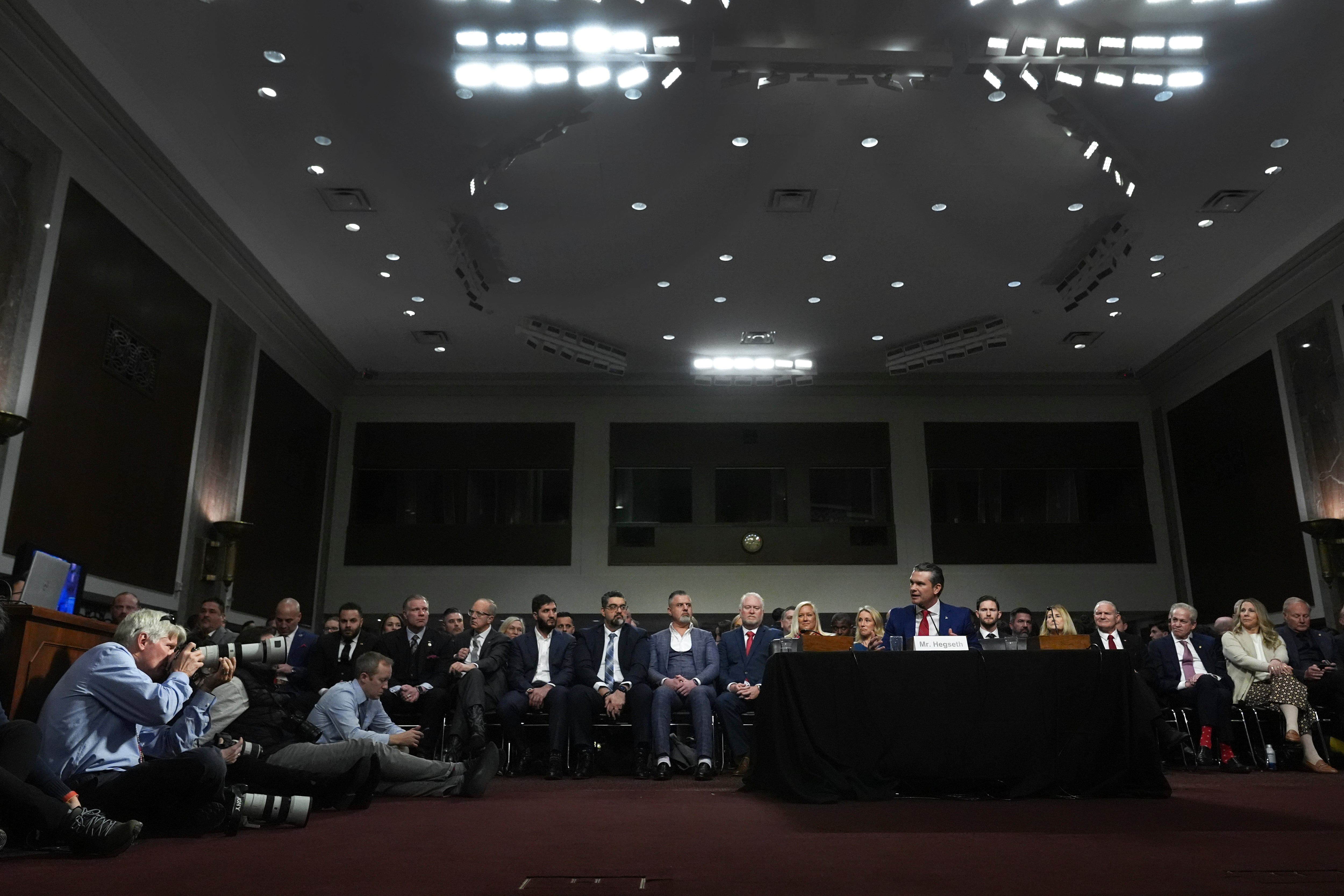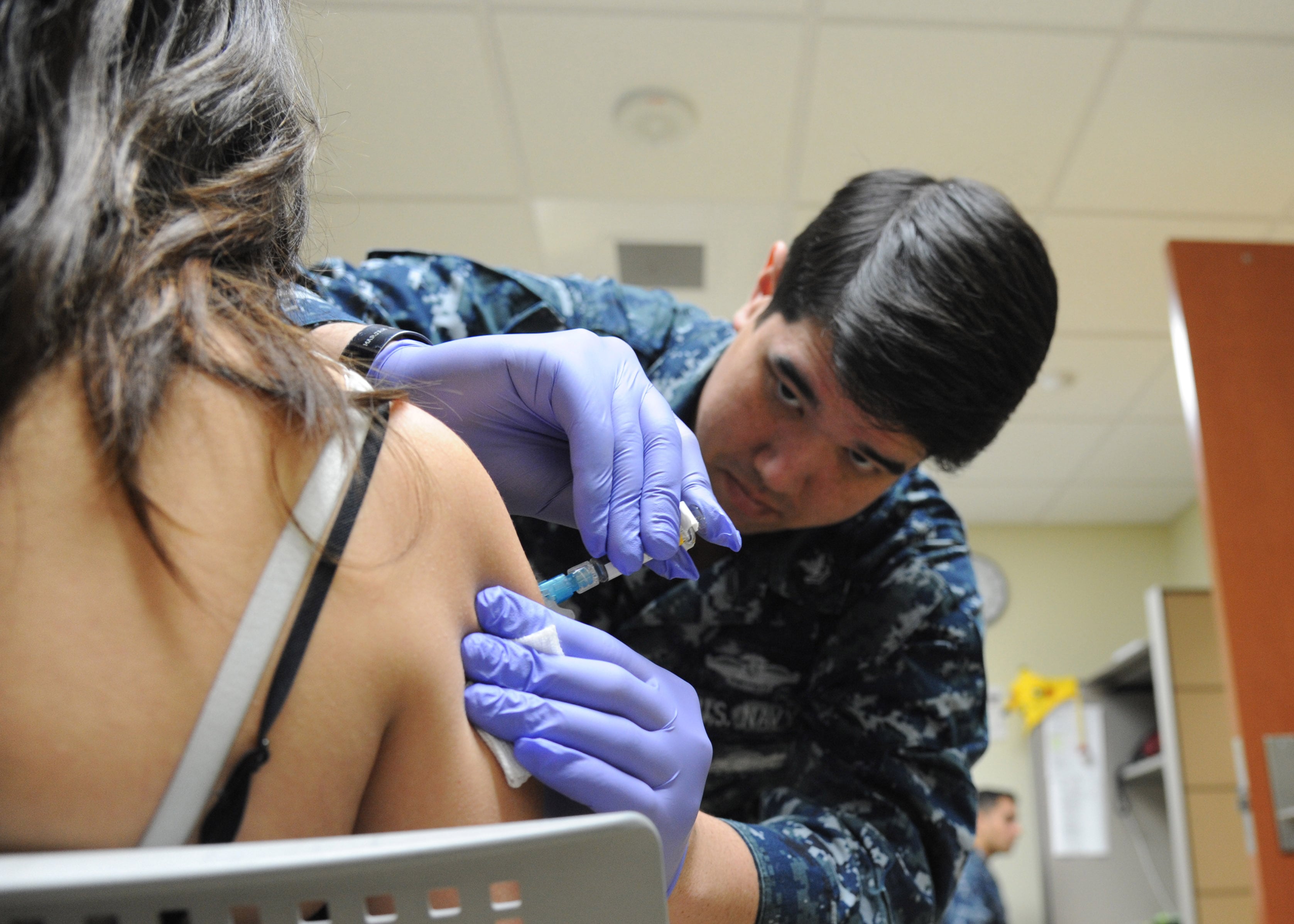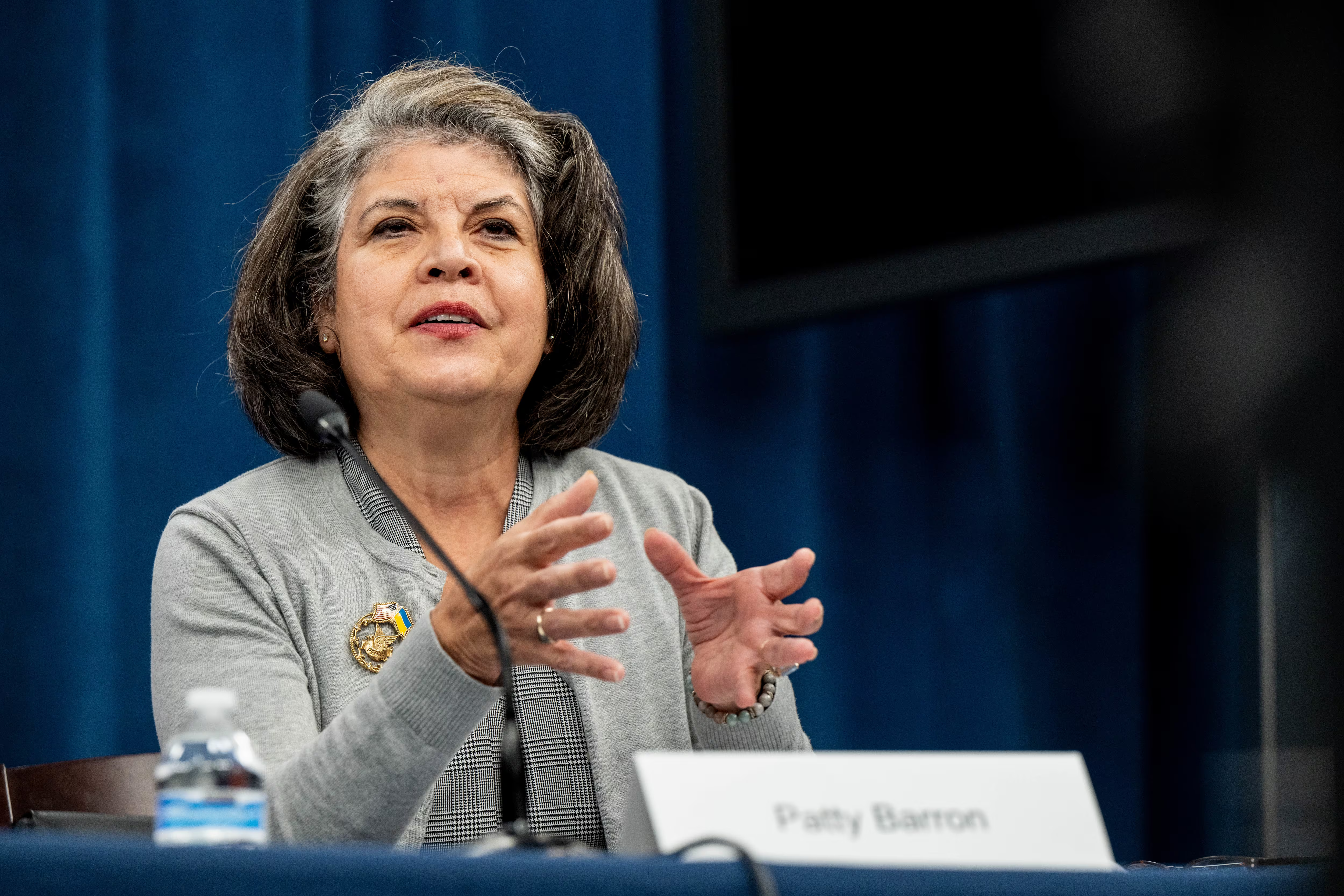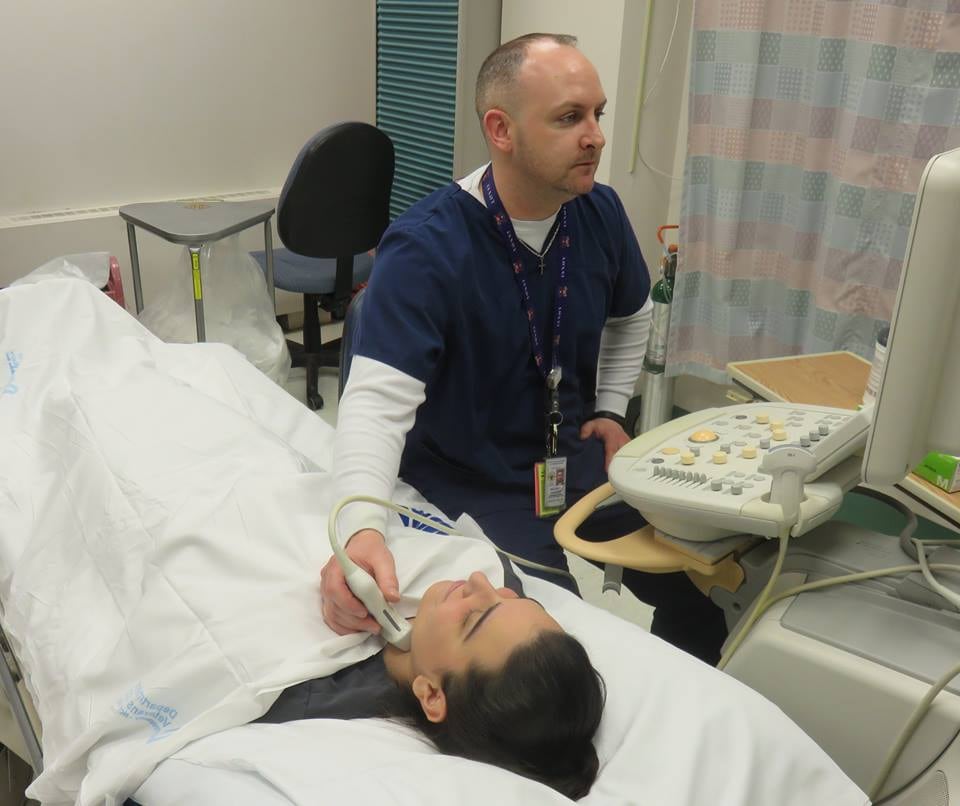If you ask David Conley about his time in the Navy, he’ll tell you it feels like a million years ago. Up until four years back, he had moved on to a new job in a new place and forgotten all about being a sailor.
Then three friends he had served with took their own lives within 90 days of each other.
“That threw me into a bad place, and after a couple months of doing nothing but being a drunk and considering suicide, I finally figured out that I only had two choices,” Conley said. “One was to do it, I could take my life, or two, I could get involved in fixing it.”
Conley, who served from 1982-1986, said he was honorably discharged from the Navy after being involved in an accident overseas that took a toll on him. Disciplinary action after the accident resulted in a reduction of rank from petty officer third class to seaman apprentice.
After deciding not to take his life, Conley spent months researching the problem of military suicide, trying to figure out why veterans are 1.5 times more likely to die by suicide than the rest of the population and what he could do about it.
His conversations with more than 150 people affected by suicide led to the creation of One More Day, a suicide prevention non-profit.
Still in its early stages, One More Day works to connect struggling veterans and service members with the care they need and equip others with the skills and resources to do the same.
“My job is not to treat them or make them better, it’s simply to get the gun out of their hands and then get them to an ER or one of our social workers,” said Conley.
In addition to connecting people with help and suicide prevention training, One More Day organizes motorcycle rides to raise awareness, fundraises to assist with the costs of seeing a counselor, and advocates for change in the military’s current approach to suicide prevention.
In its work with the National Guard Bureau, One More Day wants to help to create “a better everything” when it comes to suicide prevention.
That includes improving the Guard’s already robust programs for training service members in recognizing the signs of suicide and reaching out, making assistance available when it’s needed, and learning how technology can play a role in suicide prevention, Conley said.
That last point is where active-duty service members can step in to help.
One More Day is currently raising awareness for a DoD-funded study by Florida State University’s Dr. Thomas Joiner, a leading expert on suicide.
Joiner hopes to use online tasks to learn how technology could change the way members of the military view seeking help when they encounter thoughts of suicide. The study will take a total of four hours spread out across six sessions in 11 weeks.
For their participation in the research, service members will receive $20 for each completed session.
Interested active-duty service members should contact Joiner at militarystudy@psy.fsu.edu to learn more about participating.
“I believe so strongly in what he’s trying to accomplish in this study,” said Conley. “I don’t think there’s anyone who’s ever been in the military or knows someone in the military and doesn’t realize the biggest problem is getting people to ask for help.”
Harm Venhuizen is an editorial intern at Military Times. He is studying political science and philosophy at Calvin University, where he's also in the Army ROTC program.





